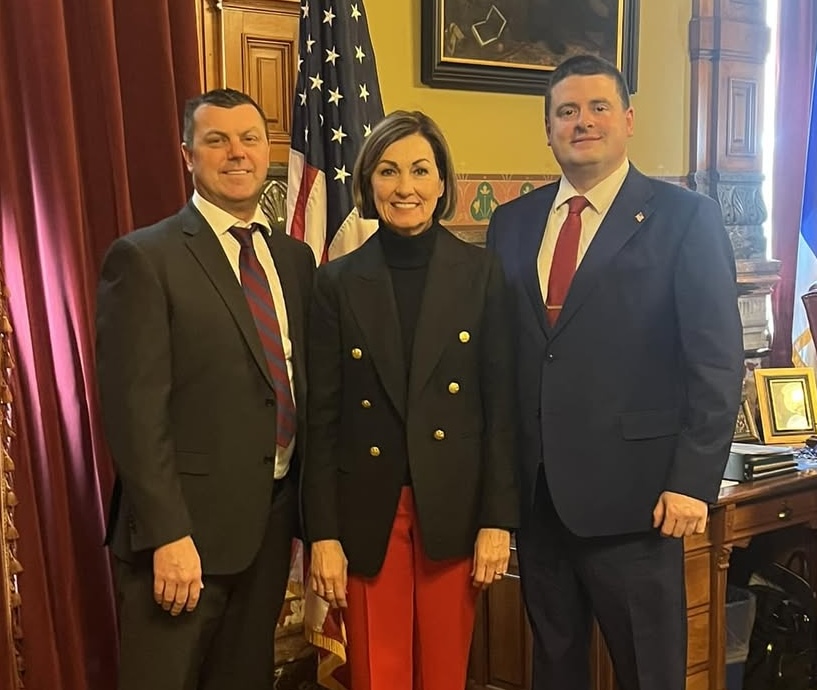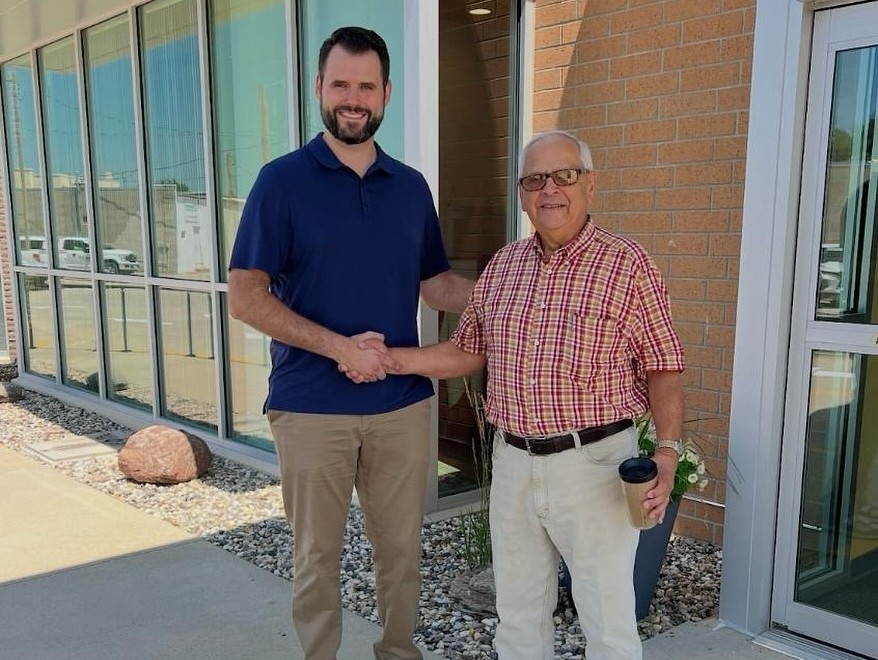Katie Byerly of Cerro Gordo County is also known as Iowa Prairie Girl on YouTube.
Have you ever noticed that some flowers have fun nicknames, while others have none? Old farmers know Marsh marigolds as cowslips. Soapwort is also called Bouncing Bet, and then there’s Common mullein . . . also known as cowboy toilet paper, flannel leaf, Quaker’s rouge, and Aaron’s rod, to name a few.
On the other hand, some wildflowers have few nicknames. Asters and Goldenrod come to mind. Perhaps that is because both these wildflowers come in many varieties, which are hard to differentiate. I imagine our forefathers may have felt the same way I do. . . another #%! aster. Heck, even Sylvan Runkel didn’t take time to recongnize all the asters and goldenrods in either of his Wildflowers of the Tallgrass Prairie or Wildflowers of the Iowa Woodlands books.
Continue Reading...




















